Quality & Certifications
At Cargill Beauty, it is our purpose to enable the sustainable growth of our customers by providing a broad portfolio of nature-derived, performant & cost-efficient personal care ingredients combined with a deep application expertise. To help you navigate the complexity of regulatory challenges, we rely on a range of certifications and industry standards for the qualification of our ingredients. Next to that we have a dedicated team of regulatory experts that can help you with the positioning of your next product launch.
We work along the following industry standards:
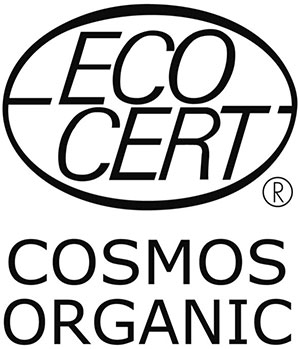
|
COSMOSCOSMOS stands for "COSMetic Organic and Natural Standard", which sets certification requirements for organic and natural cosmetics products in Europe. The standard is recognized globally by the cosmetic industry. By adhering to specific guidelines, cosmetics marketers can use COSMOS signatures, which are registered trademarks, on packaging to confirm the products meet minimum industry requirements to be considered organic or natural. |
|
|
|
||
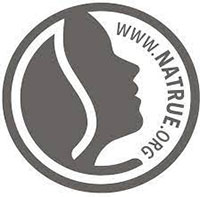
|
NATRUEThe NATRUE Label sets a high standard when it comes to defining the naturalness of cosmetic products. It helps consumers identify Natural and Organic Cosmetics truly worthy of that name. To date, thousands of products worldwide carry the NATRUE Label and many more are in the process of certification. When the NATRUE Label appears on a package, you can be sure that the product it contains is not only compliant with a strict standard but also that a reliable certification process has been carried out by independent certification bodies which are themselves subjected to a rigorous accreditation process with NATRUE’s partner IOAS. |
|
|
|
||

|
READILY BIODEGRADABLE (ACCORDING TO OECD 301B)This standard determines the biodegradability of raw materials. A product is considered as readily biodegradable if the biodegradation rate has reached at least 60% in the 10-day interval. |
|
|
|
||
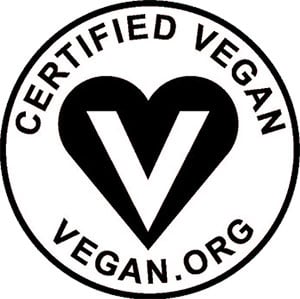
|
VEGAN.ORG SUITABLEThe Certified Vegan Logo is a registered trademark, similar in nature to the kosher mark, for products that do not contain animal products or byproducts and that have not been tested on animals. |
|
|
|
||
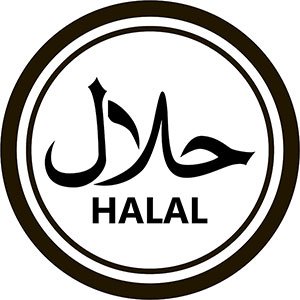
|
HALALFor the product to be halal certified each raw material, processing aid ingredients, processing, sanitation chemicals and packaging meet the Islamic dietary requirements, primarily that no alcohol or pork products are used. |
|
|
|
||
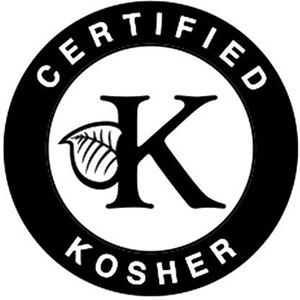
|
KOSHERFor a product to be kosher certified, and to qualify for a kosher certificate, each ingredient, food additive and processing aid used in its production must also be kosher. Additionally, to be kosher certified, the production process must be suitable for kosher requirements and therefore it must be approved by a kosher auditor. |
|

